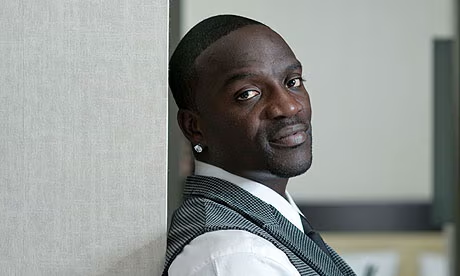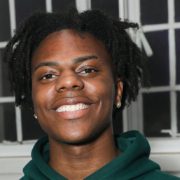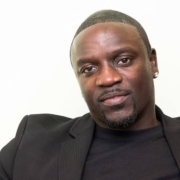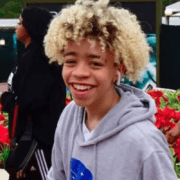Akon’s Ambitious $6 Billion Dream for a Wakanda-Inspired African City Ends in Disappointment
Akon once unveiled a bold and futuristic vision for Africa: a $6 billion smart city inspired by the marvels of Wakanda. Located just outside Senegal’s capital, Dakar, this modern utopia—promising solar-powered hospitals, sleek condominiums, resorts, universities, and powered by his cryptocurrency Akoin—was set to redefine African development.
With 136 acres of land granted by the Senegalese government, the idea captured headlines and imaginations worldwide. But fast-forward nearly five years, and the promised city remains largely empty. Instead of cranes and construction, visitors to the site see only a small youth center, a basketball court, and a modest information kiosk. The vision has dimmed. The foundations were never laid.
Akon’s Cryptocurrency Collapse Fueled the City’s Downfall
What caused this grand plan to crumble? According to Bloomberg, a mix of financial trouble and unmet government obligations derailed progress. Multiple missed payments to Senegalese authorities, coupled with a sharp decline in the value of Akoin, undermined the credibility and momentum of the project.
By 2024, state-owned development agency Sapco-Senegal had seen enough. Officials issued a firm ultimatum: begin work in two weeks or forfeit the land. But nothing moved, and no construction began. The deadline came and went without any sign of renewed activity.
Serigne Mamadou Mboup, head of Sapco, made it official. “This project no longer exists,” he told the Senegalese press.
The government has since taken back the land and announced a far more pragmatic $1.2 billion tourism initiative—featuring hotels, apartments, a marina, and a seaside promenade. While not as flashy, the new development is expected to stimulate the local economy and deliver measurable benefits.
Locals Lose Faith in Akon’s Dream
In the small coastal town of Mbodiène, where the project was to rise, reactions are mixed but mostly weary. The community had been promised transformation—jobs, infrastructure, investment. But after years of waiting, frustration set in.
“For a very long time, people, including Akon, have been coming here trying to sell us dreams and illusions,” said Jean Wally Sene, a local teacher. “Finally, there’s a dream for Mbodiène that we dare to believe in.”
That “dream” now rests in the government’s hands, not in the hands of a pop star. While the disappointment is real, there is cautious optimism that this new direction will yield actual results rather than high-concept promises.
The emotional toll of seeing yet another promise fade has not been lost on the people. This wasn’t just a failed business venture—it was a symbol of something greater. When it was first announced, the city was portrayed as a beacon of African pride and potential. Now, it’s become a stark reminder of how easy it is to sell hope and how difficult it is to deliver.
Akon’s Vision vs. Reality
The artist and entrepreneur has long positioned himself as a champion of African development. His earlier initiative, “Akon Lighting Africa,” brought solar energy to several rural communities and was widely praised. That project helped establish his image as more than just a performer—he was a builder, a leader, a visionary.
But building a city is a far more complex endeavor. Financing, regulations, international partnerships, and long-term management aren’t easily solved by celebrity influence or media attention. While excuses were made—such as the pandemic, bureaucratic delays, and market fluctuations—they no longer carry the weight they once did.
The silence from the pop star since the cancellation has only deepened the sense of loss. What was supposed to be his legacy has instead become a cautionary tale. Not just about him, but about the dangers of overpromising and underdelivering—especially when entire communities are involved.
The collapse of the project doesn’t just hurt the reputation of one man; it dampens enthusiasm for future African-led, celebrity-backed mega-projects. Trust has been shaken, not just in a dreamer, but in the very idea that private vision alone can drive public transformation.
Still, Mbodiène moves forward. The government’s revised development plan may not make headlines around the world, but for locals, it brings hope rooted in realism. It’s a step forward, even if it came from a step away from stardom.
Akon once declared that he wanted to give African people the tools to build a brighter future. That future, for now, will be built without him.
Nike Men – Male rappers, artist













Leave a Reply
Want to join the discussion?Feel free to contribute!